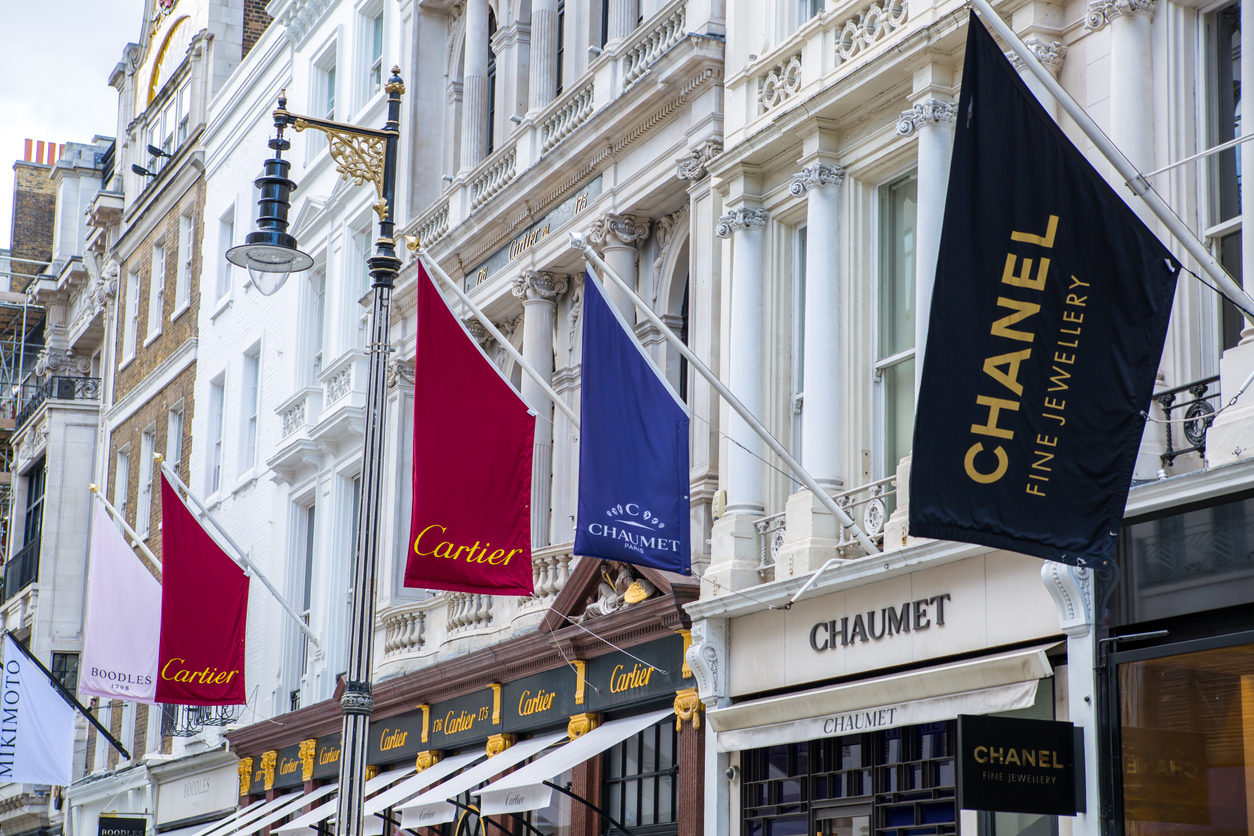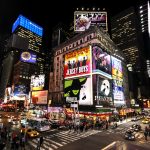The Art of Building a Luxury Wellness Brand for Discerning Clients
The global wellness industry now generates over $7 trillion annually, but the most lucrative segment caters to ultra-high-net-worth individuals willing to spend extraordinary sums on exclusive health optimization. Recent data from the Global Wellness Institute reveals that affluent consumers account for nearly 40% of premium wellness spending despite representing less than 1% of the population. This elite demographic doesn't seek generic solutions—they demand personalized, science-backed interventions that deliver measurable biological advantages.
Identifying Your Exclusive Market Position
Successful luxury wellness brands understand that wealthiest clients pursue more than superficial treatments—they invest in preventative, performance-enhancing solutions. Dr. Emily Kiberd, medical director at Manhattan's prestigious Urban Wellness Clinic, observes that her clients "reject commoditized wellness in favor of proprietary diagnostics that identify cellular aging markers years before symptoms emerge." This insight explains why niche services like epigenetic testing suites and private hyperbaric oxygen chambers consistently outperform generic spa offerings.
The most successful operators in this space create vertically integrated experiences. Swissotel's Longevity Suite serves as a prime example, offering week-long gene therapy programs at €23,000 per stay with a carefully managed waitlist. Similarly, VitaShares has cultivated Silicon Valley's elite by providing DNA-based nutrient optimization at $1,200 monthly—a model that combines cutting-edge science with discreet, concierge-style service.
The Psychology Behind Elite Wellness Purchases
Wealthy consumers approach wellness acquisitions differently than mass-market buyers. Three fundamental drivers shape their purchasing behavior: exclusivity validation, social proof, and transformational promise. The Well, New York's most exclusive wellness club, intentionally maintains a 98% rejection rate for membership applications, creating unparalleled desirability among global elites.
Celebrity endorsements remain powerful currency in this space. Goop's astronomical success with $1,200 vitamin sets followed Victoria Beckham's public endorsement, demonstrating how carefully curated influencer partnerships can validate premium pricing. Perhaps most importantly, elite consumers demand evidence of tangible biological improvement. Eight Sleep's $3,000 smart mattress gained traction not through traditional advertising but by showcasing NASA-grade thermal data demonstrating quantifiable sleep quality enhancement.
Designing Unparalleled Service Experiences
The most profitable luxury wellness brands transcend product offerings to deliver comprehensive lifestyle solutions. Clinique La Prairie's renowned longevity program exemplifies this approach, combining advanced biomarker testing with Michelin-starred nutrition plans and access to Nobel laureate researchers. Their clients don't purchase individual services—they invest in complete biological optimization ecosystems.
Forward-thinking operators now integrate continuous health monitoring into their service models. Several elite wellness clubs provide members with dedicated "longevity concierges" who track real-time health data through wearable integrations, adjusting supplement regimens and therapy schedules accordingly. According to Bain & Company's 2023 Luxury Wellness Report, brands offering this level of personalized attention achieve 83% higher client retention than conventional operators.
Related: Inside the SHA Wellness Clinic: A Revolutionary Wellness Retreat for the Mind and Body
Innovative Marketing for Discerning Audiences
Traditional advertising holds little sway with ultra-affluent wellness consumers. Instead, successful brands cultivate mystique through privileged access points. Aman Resorts has mastered this strategy through their invitation-only "Biohacking Weeks," where guests participate in cutting-edge therapies at undisclosed locations. These carefully orchestrated events generate over $2 million in revenue while maintaining an air of exclusivity. This is a model now being emulated by high-end wellness startups seeking to replicate their success with elite clients.
Thought leadership serves as another powerful acquisition channel. The most effective luxury wellness brands position their founders as authorities through peer-reviewed research and academic collaborations. VitaShares' JAMA-published study on telomere extension, for example, provided the scientific credibility needed to justify their premium pricing model. This approach transforms marketing from promotional messaging to intellectual capital accumulation.
The Future of High-End Wellness
As technology advances, so too do opportunities for luxury wellness differentiation. Pioneering clinics in Dubai now offer discreet gene-editing consultations, while several Silicon Valley startups are developing NFT-linked health records that provide lifelong biomarker tracking. Perhaps most significantly, artificial intelligence is enabling predictive health interventions that can identify potential issues nearly three years before symptoms manifest.
Dr. Kiberd summarizes the sector's trajectory: "We're moving beyond reactive treatments into an era of preemptive biological optimization. The clients willing to invest six figures annually aren't buying wellness—they're purchasing quantifiable competitive advantage." This paradigm shift presents unprecedented opportunities for brands that can combine rigorous science with uncompromising luxury service standards.
Related: Inside the Mind of Investors: How Market Type Shapes Funding Decisions














